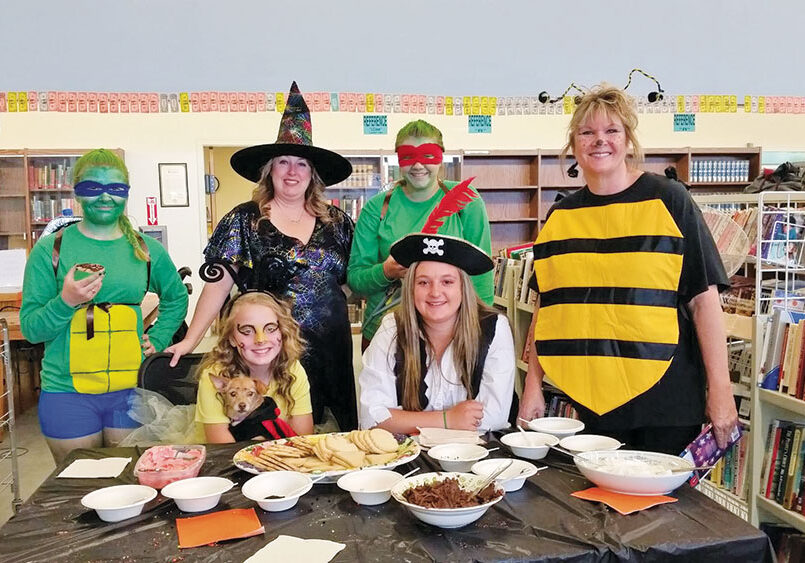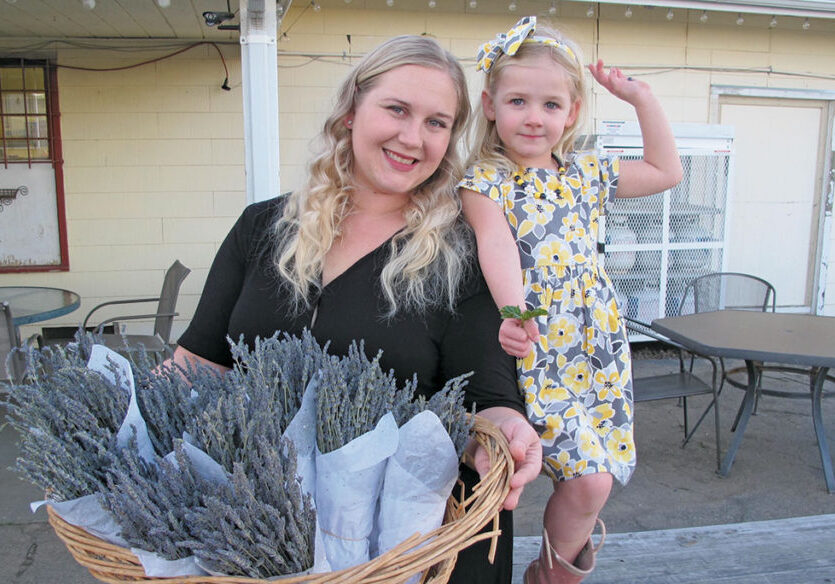 Six easy, enjoyable family resolutions
Six easy, enjoyable family resolutions
As this year ends, the promise of new possibilities emerges with the coming of a new year. In addition to personal goals, many parents set family resolutions. After all, most of us consider the health and happiness of our family as important as our own. And, because the family functions as a unit, it makes sense to set a few resolutions for the benefit of everyone under your roof.
Here are six easy, enjoyable family resolutions that offer huge, scientifically proven rewards for very little effort.
Plan more quality time, less screen time
A recent study showed that on weekdays, the average family spends around 37 minutes of quality time together. Fortunately, it’s possible to increase these minutes easily. Consider this: many people spend an average of three hours per day on social media, television, or the internet. Time available for meaningful family bonding can be lost in front of screens. Be deliberate with evenings, weekends, and downtime. Don’t let these minutes slip away.
Eat meals as a family
Eating meals as a family saves money, boosts health, and provides behavioral benefits for children. A study published in the Journal of Adolescent Health found that adolescents who dined with their families less than three times per week were more likely to participate in risky behaviors like drugs, alcohol, and smoking. Experts at Stanford Children’s Health say that younger children who regularly eat with their parents are more confident and connected. Grab-and-go grocery store options, crockpot meals, or made-ahead casseroles mean that gathering as a family is feasible, even on hectic nights.
Make family game night a ritual
Although it can be challenging to pry kids away from electronics, a family game night is an easy way to foster a face-to-face connection. This simple, inexpensive ritual yields huge benefits like improved academic performance, enhanced motor skills, and increased sportsmanship. Researchers from Carnegie Mellon found that playing academic games improves classroom performance. And the University of Florida found that kids who use this strategy with their parents have better memory and problem-solving skills outside of family life. Turn off electronics and choose games that are suitable for everyone. If you have a multi-age family, pair up younger kids with older siblings and alternate easy games with harder ones. Take turns choosing games and regularly add new options to the rotation.
Read to (or with) your kids
Experts say that children who have regular exposure to books enjoy lasting academic and social benefits. When a parent reads even one book per day to a child, it exposes him to 290,000 additional words by kindergarten. Even better, reading to your child at bedtime makes him much more likely to take the initiative to read on his own. Adolescents who are regular readers have higher levels of empathy and exhibit fewer risky behaviors. Regardless of age, many kids need a parent’s ongoing encouragement. Studies have shown a large decline in reading at around 4th grade. Not so coincidentally, this is when many parents assume that reading is a school-day activity. If your child will no longer read with you, discuss books you’re both reading. Or listen to audiobooks together on the way to school. Making books an ongoing priority will encourage lifelong intellectual curiosity.
Spend more time outside
A recent study revealed that most adults list their fondest childhood memories as experiences that happened outdoors. Playing outside with friends and visiting the ocean or seashore were among the most popular responses. Yet, today’s children spend more time indoors than any generation before them. According to the National Recreation and Park Association, American children spend four to seven minutes per day on outdoor play while many spend up to seven hours in front of electronic screens. It’s less challenging to get children outside if you make it a family activity. Go for a family walk after dinner. Play flag football in the backyard, or head for the neighborhood park. You’ll be rewarded with significant benefits such as increased immunity, enhanced cognitive and social development, and increased attention span.
Create a culture of respect
A survey of more than 1,000 participants found that 94 percent of respondents believed that civility is in a sharp, detrimental decline. The current climate of incivility is impossible to ignore. We see it in news coverage, on social media, and during our everyday activities. Bullying, lying, cheating, and showing an utter lack of empathy for others are all common forms are incivility. Thankfully, children learn acceptable behavior by watching their parents. They are always observing how we talk, how we behave, and how we treat one another. So it is possible to create a culture of respect in our own homes. We can demonstrate how to disagree with positivity, stress the importance of kindness and empathy, and insist that all family members treat others with dignity and respect. Additionally, kids who witness their parents prioritizing civility are better protected from the harm that this type of societal stress can cause to their health and their sense of well-being.
None of these resolutions require large amounts of time, effort, or money, but they are all worth trying. January may be a good time to begin, but quality family time is important all year long.
Posted in: Community
Comment Policy: All viewpoints are welcome, but comments should remain relevant. Personal attacks, profanity, and aggressive behavior are not allowed. No spam, advertising, or promoting of products/services. Please, only use your real name and limit the amount of links submitted in your comment.
You Might Also Like...

Celebrating Our Differences
A Mother’s Perspective How the Movie “Wonder” Sheds Light on Our Family’s Reality RJ Palacio wrote her bestselling novel Wonder after an encounter at a local ice cream shop. She and her […]

A Heart For Giving
As a mother, I believe one of the most valuable gifts that I can give to my children is a heart for giving. In a society that places immense value […]

The Tehama County Library Costume Swap Makes Recycling Fun
The Tehama County Library Reduce, Reuse, Re-scare Costume Swap Makes Recycling Creative Fun! Princesses, pirates, skeletons, fairies, cowboys, and more … kids can find what they need to become a […]
Under the Flags of Gratitude: Sherwood Montessori fosters thankfulness with a Festival of Gratitude
Sherwood Montessori is kicking off November with an autumn festival on November 3. From after school to sundown, students and their families will play carnival games, run relays, enjoy a […]



 Six easy, enjoyable family resolutions
Six easy, enjoyable family resolutions
